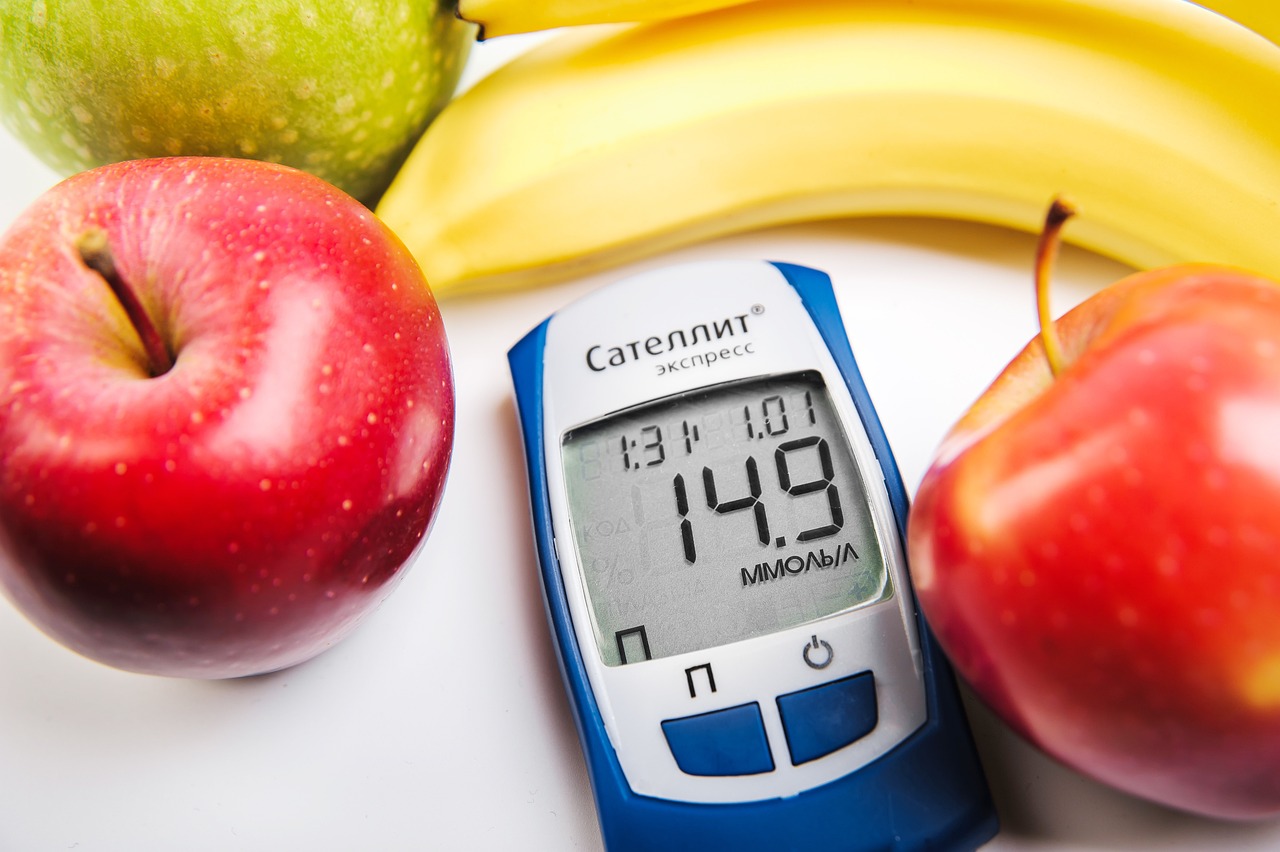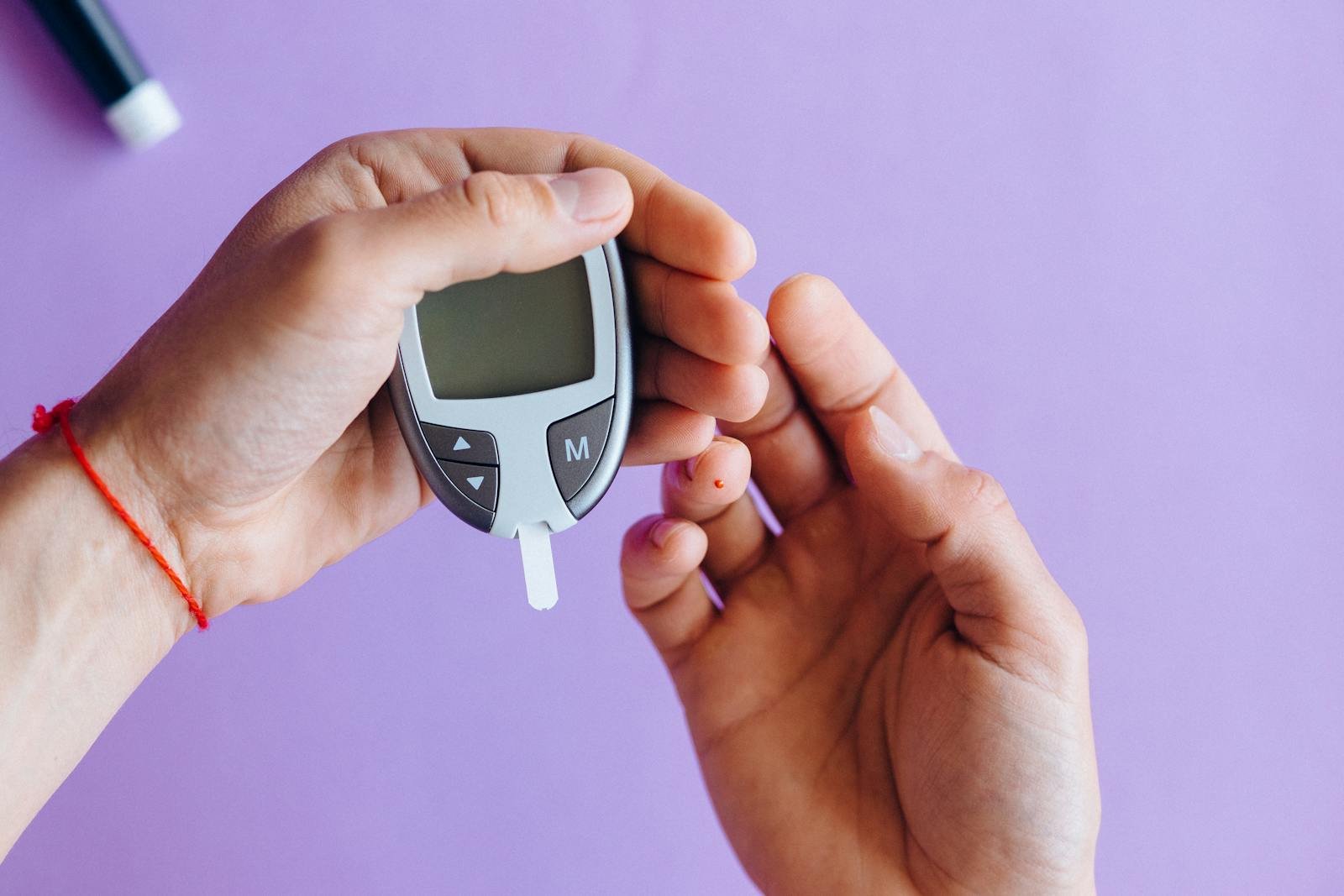Introduction: Understanding Diabetes in Otherwise Healthy Individuals

Diabetes is widely known as a chronic condition characterized by high levels of sugar in the blood. It predominantly takes two forms: Type 1, in which the body’s immune system attacks the cells that produce insulin, and Type 2, where the body’s cells do not respond properly to insulin or there is an insufficient amount. Although typically associated with individuals who have a combination of risk factors like being overweight and leading sedentary lifestyles, diabetes can also affect those who are considered physically fit and healthy. This juxtaposition poses important questions about the mechanisms that govern the onset of diabetes, regardless of apparent health.
Unpacking the Risk of Diabetes in Healthy People
Many might wonder how someone who is healthy-regularly exercising and maintaining a balanced diet can develop diabetes. The simple truth is that diabetes does not discriminate. While a healthy lifestyle can significantly reduce the risk, it does not provide an absolute shield against the disease. For instance, Type 1 diabetes is largely due to an autoimmune reaction that has little to do with lifestyle choices, while Type 2 has more complex risk factors including age, ethnicity, and family history.
Can a Healthy Diet Alone Guard Against Diabetes?
A healthy diet plays an influential role in reducing the risk of developing Type 2 diabetes. Diets rich in fiber, whole grains, and essential nutrients, while low in processed sugars and fats, can help regulate blood sugar levels. However, one must be cautious in assuming this is a foolproof strategy. Factors such as portion size, food quality, and frequency of meals still contribute to the overall metabolic health of an individual and must all be managed effectively to mitigate the risk.
The Role of Genetics and Lifestyle in Preventing Diabetes in Healthy Populations

Even the healthiest diets can be overshadowed by genetic predispositions. Individuals with a family history of diabetes may have increased chances of developing the disease themselves, regardless of their healthy habits. That said, lifestyle adjustments play a crucial role in mediating these genetic risks. Regular physical activity can improve insulin sensitivity and help maintain a healthy weight, thereby exerting a protective influence that may counterbalance genetic susceptibility.
Identifying Early Signs of Diabetes in Healthy People
For the health-conscious individual, recognizing the early warning signs of diabetes can be pivotal in taking preventive actions. These signs include excessive thirst and urination, unexplained weight loss, fatigue, and blurred vision. Healthy people should not dismiss these cues simply because they lead a generally healthy lifestyle. Being vigilant to such changes in the body can lead to early diagnosis and intervention, which can drastically alter the progression of the disease.
Cultivating Healthy Habits to Minimize Diabetes Risk

While genetics and unexpected health issues play their part, cultivating a lifestyle that includes regular exercise, healthy eating, and stress management is fundamental in minimizing the risk of diabetes. Implementing consistent healthy habits increases an individual’s chances of preventing or delaying the onset of diabetes. Equally important is undertaking regular check-ups that can monitor blood sugar levels and other indicators of metabolic health.
Conclusion: Balancing Awareness and Prevention in Healthy Lifestyles
In summary, while a healthy, active person can still be susceptible to diabetes, the risk can be reduced through strategic lifestyle choices. Acknowledging that a holistic approach encompassing diet, exercise, genetic awareness, and behavioral adaptations is necessary helps us understand that prevention is not solely reliant on singular habits but on a concerted effort across various aspects of one’s life. Thus, it’s imperative for even the most health-conscious individuals to maintain balance and vigilance in their routines to prevent or combat this pervasive health challenge.












